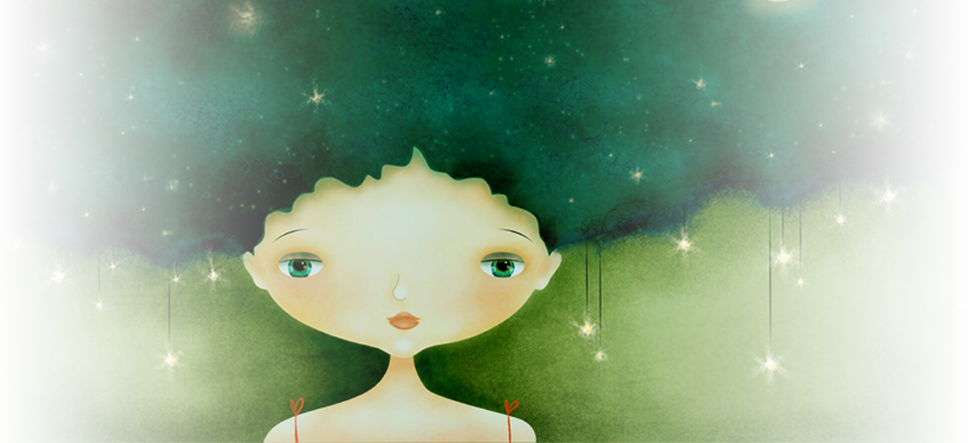Did you know?

The word “astrology” is derived from the Greek astron which means star and logos which means science. It has been called the soul of astronomy and gave birth to that science, since the origin of astrology has been lost in time.As David Anrias wrote many decades ago, “The main objective of astrology is the study of man in order that he may know himself. Each student of astrology should aim to become aware of his weaknesses and frustrations as expressed through malefic influences and realize his inner integrity and mundane possibilities as revealed through his benefic planets and aspects”.
The cyclic movement of the Sun and Moon and the rotation of the Earth have regulated human life since the beginnings of time itself, and recordings of lunar phases have been found as notches carved on animal bones dating back as far as 30,000 BCE, even before the development of agriculture. Other more recent cultures in practice around (ca. 2,000 BCE) showed the use of the heliacal rising of stars to give a more precise timing to the agricultural year.
Recent astrological research regarding the constructors of the various Megalithic monuments found in north-western Europe and dating back to 4,000-2,000 years BCE has shown that these craftsmen had reached a level of astronomical and mathematical sophistication equaling that of Renaissance Europe. This level of learning seems then to have migrated somehow to Mesopotamia, since it is here that we find evidence dating back to 3,000-2,000 BCE of an emerging combination of astronomy, mathematics, and myth which became the basis of astrology. The Mesopotamian civilization was overrun many times during the centuries – by the Babylonians, Assyrians, Babylonians again, and then Persians and all of them contributed to the improvement of the astrology practiced in Mesopotamia. In 331 BCE Alexander the Great invaded the area marking the moment in which the Mesopotamians came face to face with the Greek culture and modern astrology was born.
The Greeks themselves had been studying astronomy since about 600 BCE but after the invasion of Alexander in Mesopotamia it is not clear which culture contributed the most to the advancement of astrology in that period. We do know however that it is thanks to the scientific spirit of the Greeks that the Mesopotamian star divination became the system of astrology which persists up to present day. In the final centuries before the advent of Christ, astrology was practiced not only by priests but also by scholars and philosophers who casted charts for whoever had enough money to pay.
Many Greek astrologers contributed to the progress of astrology throughout the last centuries BCE and the science appears to be fully developed by the time of Claudius Ptolemy – the greatest astronomer and astrologer in the Roman world (b. 70 CE), probably the one who mostly influenced these sciences over time. Astrology was imported into the Roman culture in 200 BCE although divination had long been part of the Italian way of life and religion before this date. Maybe it is in this culture that astrology started to be associated with “fortune-telling”, thus freeing itself from the religious and mystical confines. Astrology in fact took a hold on the masses, and the influence of astrologers on the public opinion grew exponentially to such an extent that astrologers were expelled several times by the Roman government. The first of such expulsions took place in 139 BCE: the influence of astrology was just that quick in catching on with the public!
The Arab civilization – by the 7th century encompassing a wide territory, going from the South of France, throughout North Africa, Middle East, Persia, Northern India and up to the borders of China – absorbed the local cultures and it’s thanks to the Muslim scholars that the works of ancient Greece were preserved for Renaissance Europe. The Arab fascination during the 8th Century for mathematics and science also triggered their interest in astrology as well as their desire to improve upon it. The Arabs had always used astronomy for navigation in the desert and this may in part explain their enthusiasm for the science of the stars. They did not however make great advances or improvement to astrology but carefully preserved the existing knowledge.
Due to the Christian church and its doctrine, astronomy regressed in Europe in the centuries after the fall of the Roman Empire, only to be revived once more in the 8thcentury CE. At this time there was a thirst for astrological texts and knowledge, and it was to Moorish Spain that the scholars turned their attention in their quest for the Arab versions of Greek classics and original Arab works on the subject. The flow of new texts was swift and around 1010 the first European astrological book entitled “Liber Planetis ed Mundi Climatibus” was published then by mid-12th century European astrology was firmly established.
Astrological practices flourished between the 12th to the 17th centuries and astrology was used by many prominent and famous scientists as a way to earn money to be spent on more “serious” work. Employment for many of them was to be found in the European courts as personal astrologers to the reigning monarchs and this placed them in a very powerful position. Many of these men were also involved in magic and alchemy and in doing so were also libel to be attacked as heretics or witches and even burnt at the stake, a fate reserved for Giordano Bruno, to name but one. Nostradamus is probably the most famous of these astrologers and indeed, perhaps the most famous of all times.
The decline of astrology came about towards the end of the 17th century and continued throughout the 18th. Some attribute this to the human mind maturing and leaving behind its shaky superstitions which seems to defy the fact that many of those who created the scientific revolution during the Renaissance period were themselves astrologers.
Historical research has recently confirmed that Great Britain was the only part of Europe during the 18th century where astrology continued to be practiced and it was from here that its revival came about in the 19th and 20th centuries.
It was during the WWII – one of the worst phases in the European history – that astrology really entered the foreground.. Many of the leading Nazis believed in, and made use of, astrology, and England, as a response and in the hope of contrasting the enemy, also consulted astrologers about the outcome of the war.
The revival of mass astrology sped up in the 1930’s with Sun-sign horoscopes being printed in the daily newspapers and weekly magazines. This type of astrology proved helpful for the growth of more serious astrology to such an extent that in 1948 the Faculty of Astrological Studies was founded in England, not only as a teaching body but also with an examination system having recognized standards of astrological practice and scholarship.
Nowadays there are two main themes in astrology: one is the attempt to prove astrology as an objective system equal to that of any other sciences and the other bestows astrology with a subjective importance as a tool for psychological growth and counselling.
Bibliography Anras D. (1938) Man and the Zodiac, Chapter 1, pp3-4, Astrology Classics, The Astrology Center of America, Bel Air MD USA (edition 2010) The Mayo School of Astrology (2010), Certificate Course Manual, Semester Two, History and Technical, London UK
Copyright 2016 - All text and images Copyright - My Sky Pie - www.my-sky-pie.com

